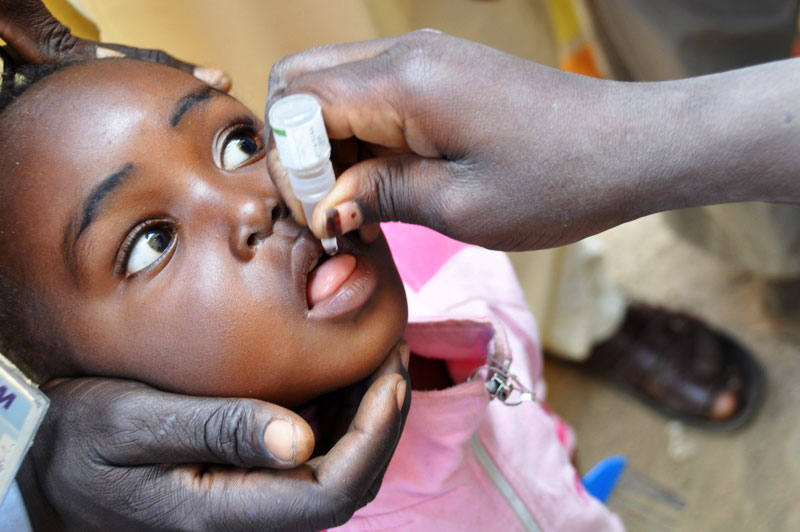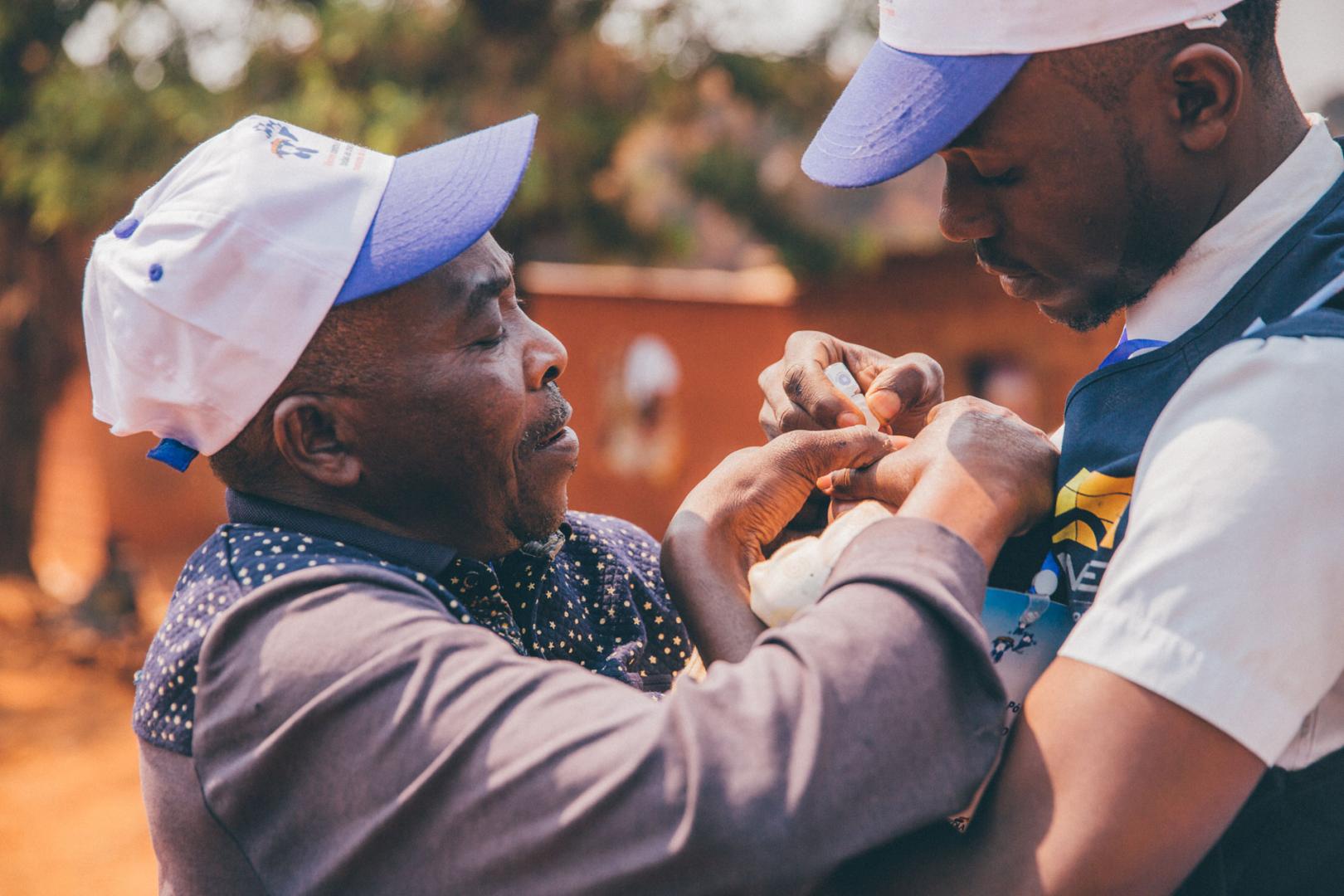
- Inspiring People -
- 3mins -
- 112 views
Africa on track to be declared polio-free in 2020
With Nigeria marking three years without a wild polio case, the continent could be declared free of the disease in 2020.
Africa heads into the last mile to be free of wild polio, say World Health Organization
Africa has passed a “milestone” threshold – three years with no case of wild poliovirus detected, declared the World Health Organization (WHO) last month. This three-year landmark sets in motion a comprehensive evaluation process by the Africa Regional Certification Commission to determine if the entire WHO African Region of 47 countries indeed can be declared to have eradicated wild poliovirus. Certification that the WHO African Region is free of wild polio is expected in early 2020.

The path to eradicating polio in Africa has been a “monumental effort”
“We are confident that soon we will be trumpeting the certification that countries have, once and for all, kicked polio out of Africa,” said Dr. Matshidiso Moeti, WHO Regional Director for Africa, on the WHO website.
If the evaluation process proves the wild virus is gone, Africa will join four of the WHO regions – the Americas, the Western Pacific, Europe and South-East Asia – in holding this distinction. It will leave only the WHO Eastern Mediterranean region still working to stop the virus.
Dr. Moeti praised the continent’s resilience and strong commitment to stopping the virus in overcoming the tough challenges. “The path to eradicating polio in Africa has been a monumental effort of multinational coordination on an unprecedented scale, providing vaccinations to hundreds of millions of children and conducting immunisation campaigns in some of the most remote locations in the world, with vigilance and exhaustive surveillance to timely detect outbreaks, including among people on the move,” she said.
“It has involved men and women volunteering in the thousands, sometimes putting themselves in harm’s way, some even sacrificing their life for this work.”
She also noted that “these successes would not have been possible without the incredible perseverance of countries and partners in the Global Polio Eradication Initiative who have mobilised the financial and technical resources to get the job done.”
Continued below…
Source: WHO

Despite the progress, a number of challenges remain
Last month’s acclaim came buttressed with caution for lingering challenges to immunisation coverage that are needed to protect communities from the rare non-wild polio strains that can emerge when a population is not thoroughly immunised.
Reaching every last child with lifesaving vaccines as well as strengthening surveillance and routine immunisation across the region will be essential to sustain the progress against wild polio and other strains.
Since the last wild polio case was detected on 21 August 2016 in Nigeria, for example, the Government has organised more than a dozen supplementary immunisation campaigns with oral polio vaccine, worked on strengthening routine immunisation, improved its polio surveillance networks and deployed innovative strategies (market vaccination, cross-border points and outreach to nomad populations) to reach more children with polio vaccines.
Also, with the declaration of the last wild poliovirus in Nigeria as a subregional public health emergency of the Lake Chad Basin, polio workers from Cameroon, Chad, Niger and Nigeria painstakingly mapped the many islands of Lake Chad and travelled hours by canoe to reach hundreds of settlements for the first time. And they rolled out a new app-based electronic surveillance system called e-Surve to track the virus to its very last hiding places.
Despite the progress, a number of remaining challenges – including inaccessibility due to conflict and insecurity in some areas, variations in campaign quality, massive mobile populations and, in some instances, parental refusal – have prevented health workers from reaching all children everywhere with polio vaccines.
Suboptimal routine immunisation coverage remains a critical challenge in some countries. As a result, outbreaks of circulating vaccine-derived poliovirus – a rare occurrence in communities with low levels of population immunity – are still possible in several countries across Africa.
“This August’s milestone on wild polio is a positive sign of progress across the continent, but our work is not yet done,” said Dr Moeti. “We must remain vigilant in our immunisation and surveillance efforts: Every country must continue ensuring that it is closely looking for the virus and reaching every child with vaccines.”
Source: WHO


